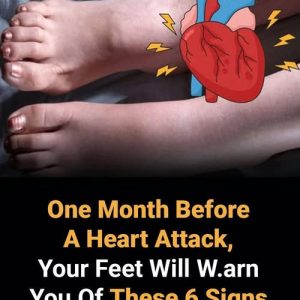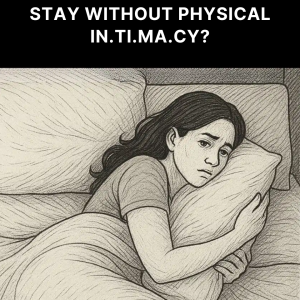
For millions of women around the world, taking the pill is a part of everyday life — whether it’s for birth control, regulating menstrual cycles, or managing acne. In the UK alone, it’s estimated that around 3.1 million women use combined oral contraceptives daily. Globally, that number rises to more than 400 million, according to 2024 data from JMIR Public Health and Surveillance.
These pills, which contain both oestrogen and progestogen, work by mimicking the body’s natural hormones to prevent ovulation. For many, they’re safe, effective, and convenient. But new research has raised concerns about a possible link between prolonged pill use and one of the most dangerous health conditions a woman can face — stroke.
Understanding the Risk: The ‘Silent Killer’

A stroke occurs when the blood supply to part of the brain is interrupted, usually due to a blocked or ruptured blood vessel. Without oxygen-rich blood, brain tissue can begin to die within minutes — often leading to permanent damage or death if not treated quickly.
While strokes are more common in older adults, a growing body of evidence suggests that certain younger women, particularly those taking oestrogen-based contraceptives, may also be at risk. In recent studies examining ischaemic strokes — those caused by a lack of blood flow rather than bleeding — researchers found a disturbing trend.
According to neurologist Dr Mine Sezgin of Istanbul University, women who took the combined oral contraceptive were three times more likely to suffer an unexplained stroke than those who didn’t. This remained true even when adjusting for other known risk factors such as smoking, high BMI, and a history of migraines.
Should You Be Worried?

While the numbers sound alarming, experts are quick to stress that for healthy women without other risk factors, the chance of experiencing a stroke while on the pill is still very low. However, the increased relative risk — even if small — is something both doctors and patients should take seriously.
Dr Sezgin, who led the recent study, says the findings should act as a reminder that birth control is not a one-size-fits-all solution. “Our findings confirm earlier evidence linking oral contraceptives to stroke risk and should prompt more careful evaluation of stroke risk in young women,” she explained.
Making Safer, More Informed Choices

With more data becoming available, the goal isn’t to scare women away from the pill — but to help guide more personalised and safer contraceptive decisions.
In the end, the pill has empowered millions of women with choice and control. But like any medication, it comes with risks that deserve to be fully understood. If you’re currently on the pill — or considering it — now might be the right time to have a deeper conversation with your doctor about what’s best for you.




